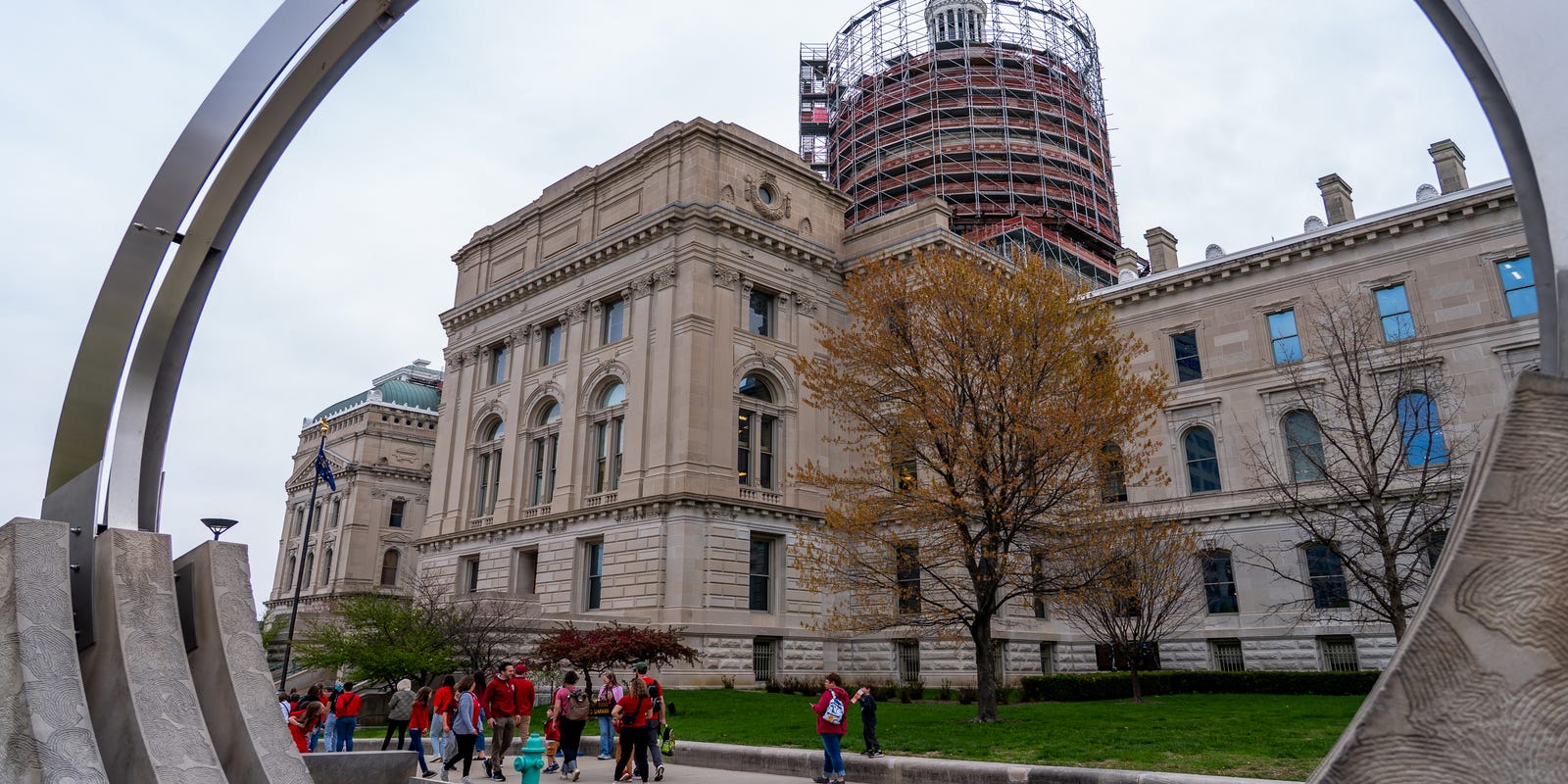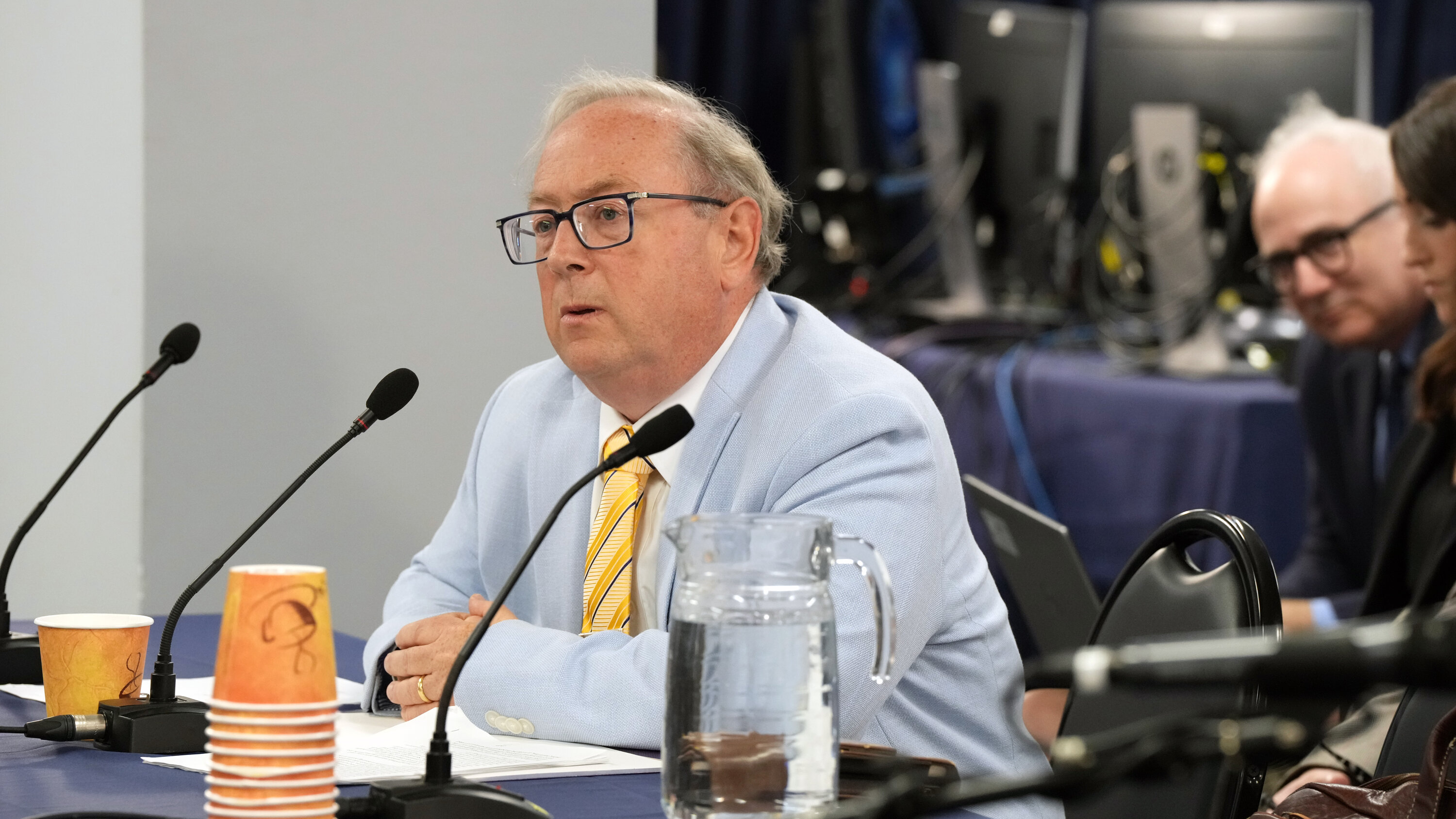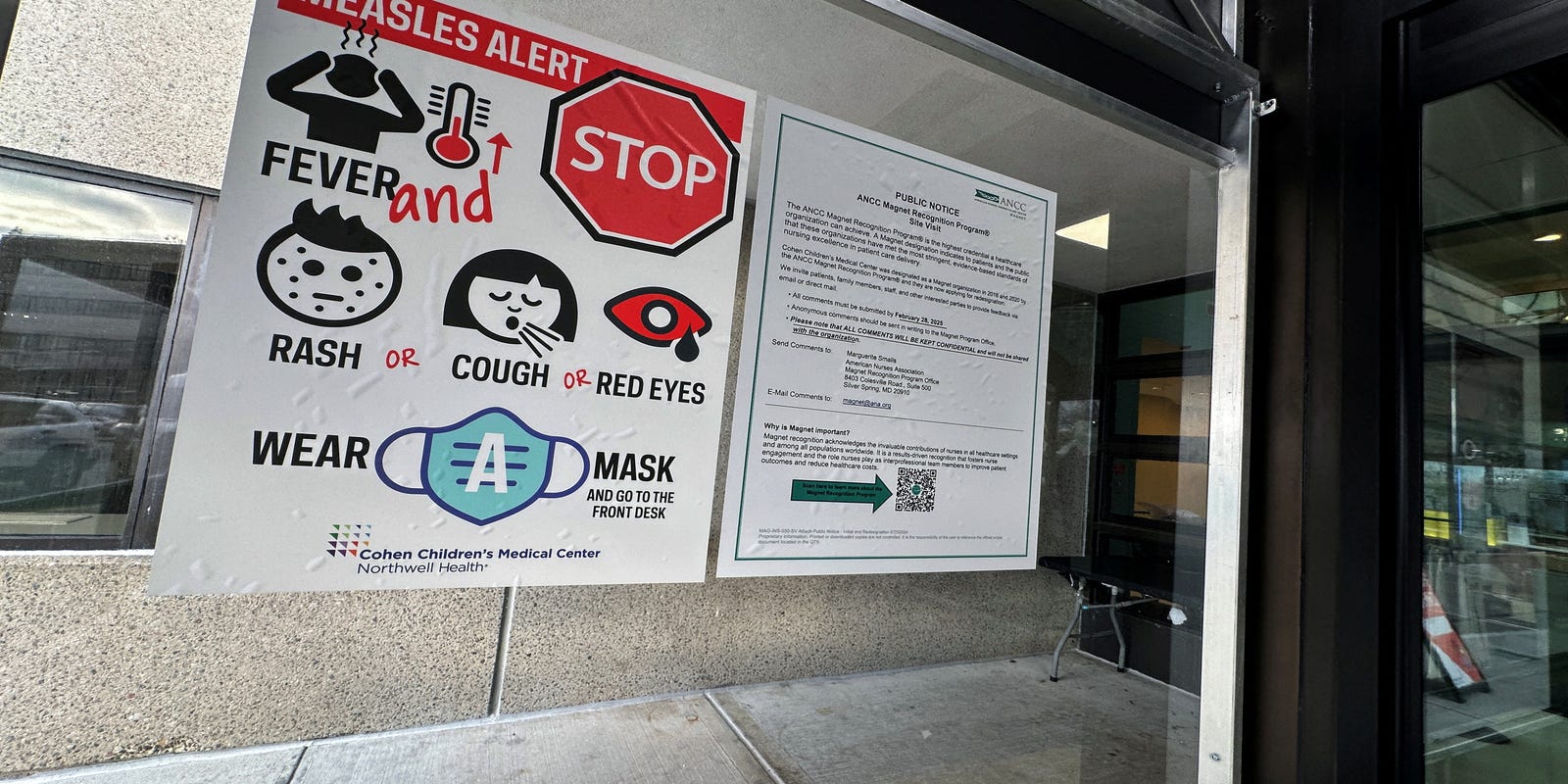Casualties of Policy: How Trump's Healthcare Agenda Threatens Society's Most Fragile

The Most Vulnerable: Bearing the Brunt of Policy Changes
In recent years, the most vulnerable populations in America and across the globe have faced unprecedented challenges due to significant policy shifts. These changes have disproportionately impacted communities already struggling with economic instability, limited access to healthcare, and social marginalization.
Low-income families, immigrants, racial minorities, and individuals with chronic health conditions are experiencing the most profound consequences of these policy transformations. The ripple effects extend far beyond immediate political rhetoric, creating long-lasting systemic barriers that threaten basic human dignity and opportunity.
Healthcare access has been particularly compromised, with reduced funding for critical social programs and increased restrictions on medical support. Immigrant communities face heightened uncertainty, with stricter immigration policies creating fear and limiting economic mobility. Meanwhile, social safety nets continue to be systematically dismantled, leaving the most vulnerable populations with fewer resources and less protection.
These policy changes don't just impact individual lives—they reshape entire community landscapes, creating cycles of disadvantage that can persist for generations. The most marginalized groups are left to navigate increasingly complex and challenging social environments with diminishing support structures.
As we move forward, it becomes crucial to recognize and address these systemic inequalities, ensuring that policy decisions prioritize the well-being of all citizens, especially those most at risk of being left behind.








